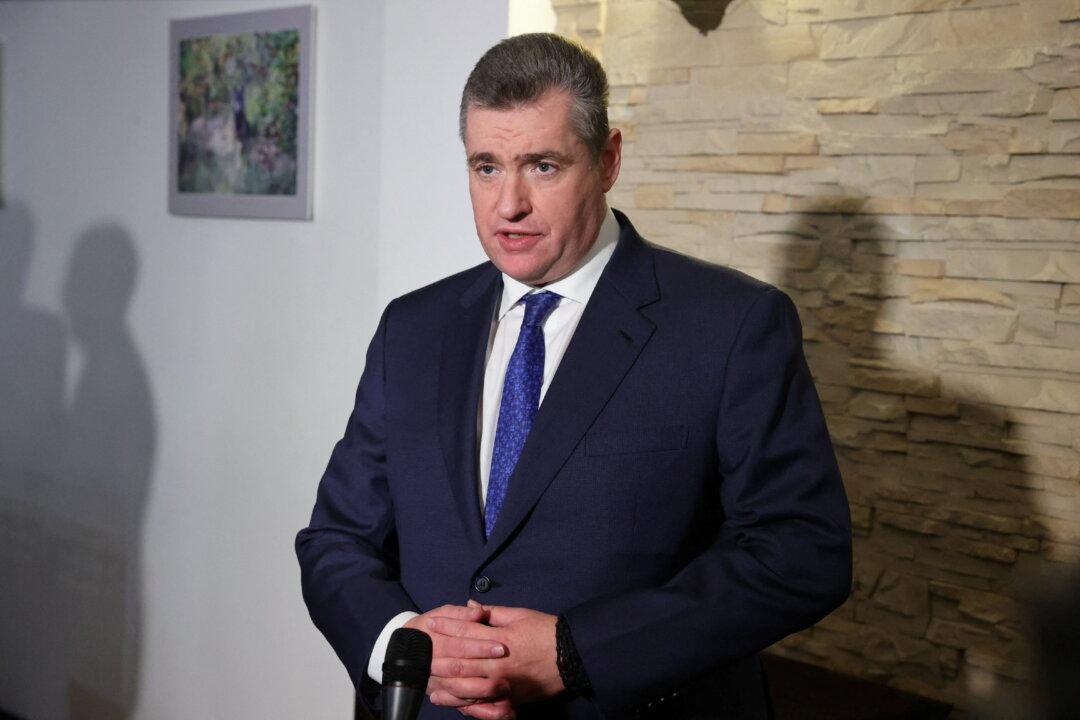A leading Russian politician has accused the United States of using the continuing dispute between Armenia and Azerbaijan to establish a “foothold” in the South Caucasus region.
“Washington is ready to ‘help’ Yerevan in hopes of gaining a new anti-Russian foothold in the South Caucasus,” Leonid Slutsky, head of the Russian State Duma’s International Affairs Committee, said on Sept. 14.





